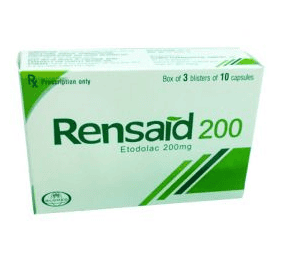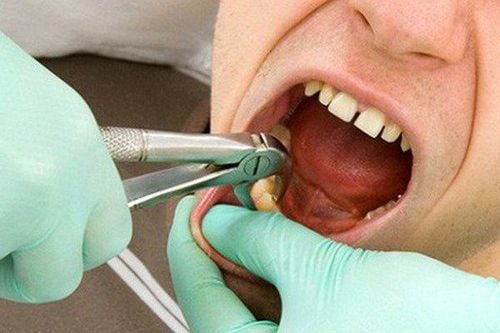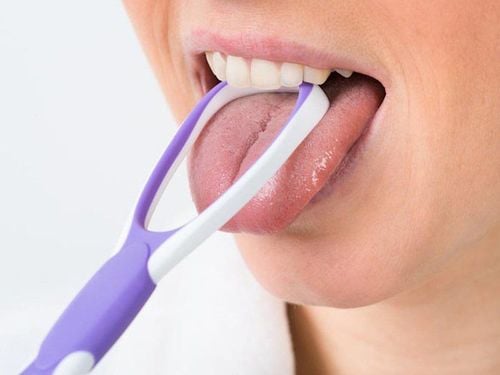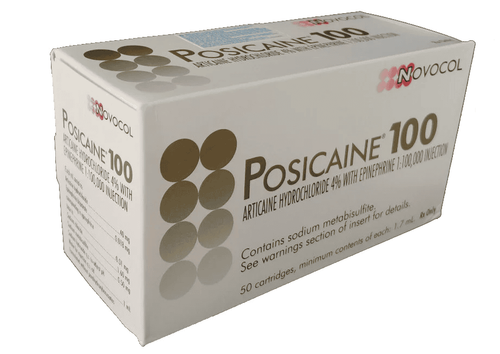This is an automatically translated article.
A lot of people are experiencing tooth decay and decayed teeth are slowly destroying your daily life with pain, bad breath and difficulty eating,...You want to get rid of it. But are you worried that tooth extraction is dangerous in the upper jaw? Find answers from experts in the article below!
1. When is it necessary to extract the maxillary caries?
Tooth extraction technique is a basic technique in the field of dentistry. The decay of molars and having to perform tooth extraction will greatly affect the chewing and grinding function of food. Therefore, extraction of maxillary caries needs to be carefully considered and not handled arbitrarily without a doctor's prescription. The following are cases in which the upper teeth need to be extracted:
The teeth are loose due to trauma and impact, making it impossible to return to the original position. The upper teeth are severely decayed and eat the pulp, causing inflammation of the pulp, root abscesses, bone loss, dead pulp... Wisdom teeth are inverted, misaligned and stabbed into the gums, causing pain.
2. Should or should not extract the maxillary tooth decay?
Do you wonder if you should extract your maxillary teeth? Because the upper teeth are close to the nervous system, any improper tooth extraction will have unpredictable consequences.
Facts show that, tooth decay breaks down the structural layer of the teeth, if not treated immediately can lead to toothache, tooth loss, infection, more seriously, death in severe cases. Therefore, when the upper teeth are decayed, we should seek the earliest treatment to avoid unpredictable complications. However, no matter where the tooth decay is on the teeth, you should not arbitrarily extract it, but must consult your dentist first.
However, you should also not worry too much. Whether the extraction of the upper teeth is dangerous or not depends a lot on the skill of the doctor and the technique of application. The nature of molars has very strong roots, the shape of the teeth is more complicated than other teeth. If you are extracted by a skilled dentist, it will limit pain and remove the tooth root for you, avoiding complications due to incorrect tooth extraction.
The fact that you trust and choose a reputable dental facility, ensure that you are fully equipped with machines, equipment and a good sterile extraction room, also give you a lot of peace of mind when extracting deep teeth. Because tooth extraction is also a small surgery, all instruments must be sterile, to avoid infection, unsafety and not guarantee the successful extraction of teeth.
3. Is tooth extraction in the upper jaw dangerous?
Molars, or number 7, are composed of 4 roots, located near the arterial and venous sinuses. This position of tooth grows in the same with a rather large size and grows very firmly. Therefore, the extraction becomes more difficult.
You should not be too worried because before performing the extraction of maxillary teeth with decay, the doctors will conduct X-rays to determine the position of the teeth, the jaw bone structure and related images or images. Does not affect the nerves, ... then proceed to spit so it will be absolutely safe for you. In case if the tooth grows on a nerve, when performing tooth extraction, the doctor may experience numbness in the lips, there is a risk of permanent numbness.
In addition, some cases of patients experiencing diseases such as: Blood dysfunction, high blood pressure, diabetes... need to inform the doctor about their health status before performing tooth extraction. . So that the doctor can carefully consider whether or not to extract the maxillary caries.
After the maxillary tooth has been extracted, a space will be created on the teeth. Affecting chewing function will be difficult. Therefore, after tooth extraction is completed, you should choose a method of restoring a false tooth to meet your eating and aesthetic needs to give you more confidence.
Therefore, when you decide to extract a tooth decay, you should consider choosing a reputable dentist, where there are doctors with professional qualifications and good techniques. At that time, you will really be more secure and also ensure your health, avoiding unwanted negative effects.
4. The safest way to extract upper teeth today
When you have been examined and the doctor appoints to have the tooth extracted. Almost everyone shares the same anxiety. Don't know if the extraction of the upper wisdom teeth is painful or if the extraction of the upper wisdom teeth is dangerous? However, currently with the application of the most modern and advanced ultrasonic tooth extraction technology today. Surely those concerns will be completely resolved.
With the technique of maxillary tooth extraction with a modern Piezotome machine, you will be anesthetized so that you do not feel pain during the procedure. After that, the doctor will put the ultrasound machine around the root of the tooth, so that the ultrasound waves can break the ligaments, causing the teeth to move. Then, the doctor will use pliers to remove the decayed tooth without having to pry the gums. This technique is painless, thoroughly extracted and does not leave any roots.
The ultrasonic nose only affects the periodontal ligament system and breaks the ligaments, does not invade the gums, soft tissues around the teeth or nerves. The purpose is to help remove teeth in parts by bone cutters quickly, without causing much pain and healing time for you.
Extraction of teeth by this method takes place quickly, only takes about 10-15 minutes. The tooth extraction is quite small. In particular, the extraction of teeth with the Piezotome ultrasound machine will minimize the impact on the nerves, so it is absolutely safe for you.
Note: The effect of anesthetic when performing tooth extraction will last about 2-3 hours. After that, you will be sore for a few days but not as painful as the feeling of tooth decay so you have complete peace of mind. You can relieve pain by applying ice, applying hot water, or taking pain relievers prescribed by your dentist.
5. Care after extraction of maxillary caries
After you have completed the minor surgery to remove the maxillary caries. You should also pay attention to the care process so that the wound can heal quickly, and also prevent dangerous complications that may occur. Here are some ways to care after tooth extraction:
When you feel pain and discomfort, you can relieve pain with simple methods such as: compressing the cheek area to help reduce pain, reduce swelling or if the pain is severe You can take pain relievers. Should choose to eat soft foods that are easy to swallow, avoid chewing food in the area where the tooth has just been extracted to allow that position to be fully restored. You should eat porridge but not too hot in the first days of tooth extraction to limit chewing food too much, making it slow to heal. Get in the habit of drinking plenty of water throughout the day. Do not eat foods that are too hard, too thick, too hot, too cold, sour, spicy and stimulants such as alcohol,... Avoid eating nuts, foods that leave debris on teeth Limit eating Foods that contain a lot of sugar are easy conditions for bacteria to grow stronger.
6. Frequently asked questions about maxillary tooth extraction
6.1. Does tooth extraction get rid of bad breath? Tooth decay is one of the causes of bad breath that many people experience. To the question of whether tooth decay will stop bad breath, the answer for you is yes.
When you perform tooth extraction on the upper / lower jaw, it also removes the bacteria that cause tooth decay in place. This helps prevent tooth decay from spreading to adjacent teeth.
However, after you have a tooth extraction, you may still have bad breath. Because in the process of chewing food stuck at the extraction hole, if you do not clean it properly and for a long time, it will decompose and cause an unpleasant odor.
In addition, people who suffer from bad breath also have other causes such as: digestive tract diseases, sore throats, dry mouth,... Then your tooth extraction cannot stop the situation. this bad breath. Therefore, you need to see a doctor to check the cause and get the right treatment.
6.2. Can tooth decay regrow after tooth extraction? Whether the upper molar tooth is decayed, leading to extraction, the tooth will grow back or not depends on whether the tooth is a baby tooth or a permanent tooth. If a tooth is extracted from a child between the ages of 3 and 13 with a tooth that has never been replaced, that tooth can completely grow back into a permanent tooth.
However, if that tooth has been replaced once, the extraction of the upper molars 6, 7, 8 will not grow back. You can use dentures to stabilize chewing function and aesthetics to give you more confidence.
In summary, the extraction of maxillary caries is necessary if it causes you discomfort and pain when chewing and affects your health. Above is the useful information that has been filtered for readers. Hopefully the information will be helpful to you if you are still wondering if tooth extraction is painful?
Please dial HOTLINE for more information or register for an appointment HERE. Download MyVinmec app to make appointments faster and to manage your bookings easily.













